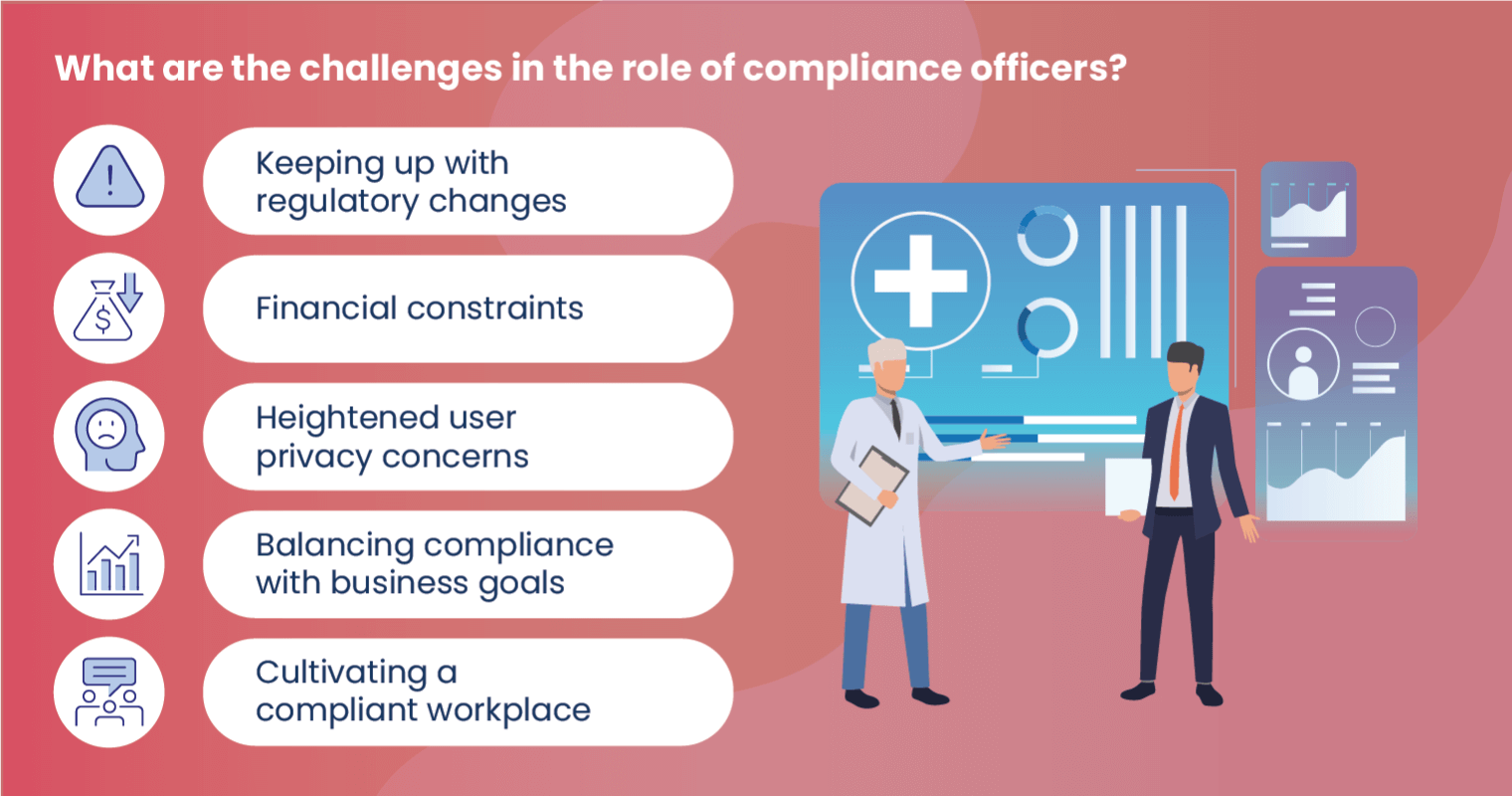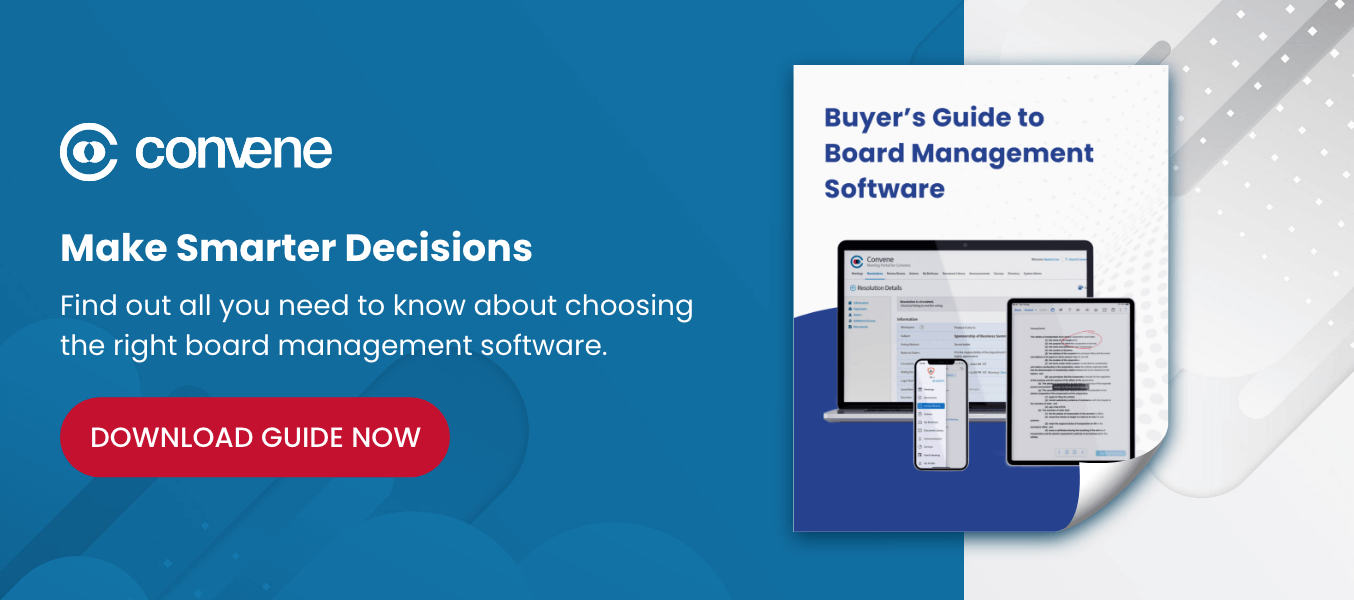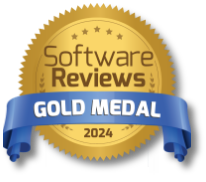The healthcare industry faces the constant challenge of overcoming shifts in regulations and protocols. This urges organizations to maintain proactiveness and agility to deliver quality service and efficient operations. However, achieving this balance requires a specialized skill set. This is where the expertise of a healthcare compliance officer comes into play!
Leveraging their foundation in healthcare, law, and administration, healthcare compliance officers are professionals who act as stewards of compliance in health organizations. Are you curious about what makes an effective healthcare compliance officer? Here’s a guide on how to become one, their duties, and the role’s challenges.
What is a healthcare compliance officer?
A Healthcare Compliance Officer (HCO) maintains integrity within hospitals and health organizations by ensuring every department complies with industry and government regulations. Crucial to achieving operational excellence, HCOs leverage their extensive knowledge of laws and compliance to break them down into easier-to-understand terms for leaders and staff.
What is a compliance officer in healthcare? HCOs are not only rule enforcers. They also take the lead in developing and implementing internal policies to strengthen compliance systems. To be effective, they facilitate employee training and conduct regular assessments to identify compliance gaps. By fostering legal and ethical compliance, HCOs contribute to forging steadfast organizations, paving the way to achieve long-term goals of delivering better health services and a safer work environment.
What are the benefits of healthcare compliance?

Strong healthcare compliance builds trust and value because it helps demonstrate an organization’s commitment to ethical practices. This brings forth the following benefits:
1. Ensured safety and privacy of patients
Compliance dictates strict protocols for handling Personal Health Information (PHI). This compels organizations to establish a secure process to ensure that every data is stored and disposed of lawfully, preventing breaches and leaks. Without responsible data governance, organizations become more susceptible to varying data compromises.
2. High-quality health services
Organizations utilize regulations as a framework to guide them in creating processes to achieve baseline quality services. Governments and other accredited bodies mandate ideal practices in their regulations, forcing organizations to follow and deliver the best care possible.
3. Enhanced public trust
Consistent adherence to regulations demonstrates a commitment to operate within legal and ethical boundaries. This fosters confidence from the public and creates a good reputation. The enhanced trust widens the customer base, securing a more competitive advantage in the marketplace.
4. Penalty-free
Non-compliance poses financial implications for organizations. Instead of investing in growth, they succumbed to paying fines, penalties, and legal fees. These financial pitfalls drain resources and threaten the long-term stability of organizations.
What does a healthcare compliance officer do?

Compliance officers in healthcare bear the responsibility of safeguarding both patients and employees. To ensure smooth and compliant operations, they are responsible for the following:
1. Monitor and audit compliance
HCOs ensure that organizations adhere to both internal policies and external regulations. To effectively protect organizations from the consequences of non-compliance, they spearhead compliance audits to identify system gaps and conduct risk assessments to evaluate the likelihood and impact of potential threats. This includes auditing controls and processes on management standards, fraud prevention, accurate billing, and data security.
2. Empower employees with training
One of the core responsibilities of an HCO is empowering employees with proper training on compliance and regulations. Ensuring that employees understand the impact of compliance in their daily work, HCOs conduct training for fraud awareness, proper coding and billing practices, and referral handling.
3. Develop and implement internal policies
Beyond policing everyone, HCOs are crucial for developing internal policies and procedures. To lead organizations to proper compliance, HCOs study federal and state laws and create internal processes for a more streamlined adoption. Examples of internal policies HCOs can establish are resolving conflicts of interest, data security, and a proper code of conduct.
4. Investigate and resolve complaints
HCOs lead investigations in events of compliance issues. This involves thorough investigations to understand root causes and implement corrective measures. They are problem-solvers who help organizations fortify compliance to avoid costly penalties and fines, ensuring long-term operational integrity.
HCOs are also responsible for documenting and maintaining records of complaints. These records should include details of the complaint, progress of investigations, and corrective actions taken. By doing this, HCOs promote transparency and facilitate a more streamlined investigation process for future complaints.
5. Collaborate across departments
To keep everyone aligned toward compliance goals, HCOs collaborate across departments such as IT, finance, legal, and operations. This cross-departmental approach fosters a cohesive understanding of regulations and their implications for each department. In most cases, HCOs communicate through training sessions and internal newsletters.
Salary Expectations For HealthCare Compliance Officers
The average monthly salary of an HCO is around 78,969 USD. This number varies depending on the company size, location, and years of professional experience. The other factors that can influence this amount are the terms in salary packages, complexity of the responsibilities, and the required certifications.
Skills and Qualifications: How to Become a Healthcare Compliance Officer
The path to becoming a strong healthcare compliance officer requires a specific blend of skills and training. In this section, we’ll explore the credentials you need to land this important role.
Education And Certification
The healthcare compliance officer position is not an entry-level role. Organizations seek those with extensive educational backgrounds in business management, public health, administration, or law. Additionally, organizations prefer officers who are committed to widening their knowledge. They tend to hire those with certifications such as Certified in Healthcare Compliance (CHC), Certified in Healthcare Privacy Compliance (CHPC), Certified in Healthcare Research Compliance (CHRC), and Certified in Healthcare Compliance – Fellowship (CHC-F).
Professional Experience
Healthcare compliance is a complex matter that undergoes frequent changes. Organizations need an individual with significant hands-on experience in compliance program management, training facilitation, and audit and investigation to navigate the intricacies. HCOs with these experiences have more on-the-ground knowledge they can utilize to develop effective compliance programs, identify potential problems quickly, and proactively implement solutions.
Understanding of State and Federal Legal Systems
HCOs can better lead their organizations toward proper compliance if they understand state and federal legislation. This allows them to effectively translate policies to departments, avoiding non-compliance and other legal repercussions. Some of the most critical regulations HCOs must be familiar with are the Health Insurance Portability and Accountability Act (HIPAA), Stark Law, Anti-Kickback Statute, and the False Claims Act. Having a background in these laws makes it easier to stay abreast of changes, helping them maintain good standing with regulatory bodies.
Proficiency in Management and Leadership
An ideal HCO candidate is someone who possesses strong management and leadership qualities. The position demands analytical thinkers, strong communicators, risk managers, and problem-solvers. Beyond these skills, HCOs should be principled, with a strong sense of integrity and ethics. Owning all these qualities makes a well-rounded and adaptable officer who can effectively help institutions break down the complexities of compliance.
What are the challenges in the role of compliance officers?

Compliance officers navigate a challenging regulatory landscape. To successfully lead their organizations toward achieving and maintaining compliance, here are the top hurdles they must overcome:
1. Keeping up with regulatory changes
Staying on top of regulatory changes is a constant challenge in healthcare. A survey from Thompson Reuters in 2023 reveals that 76% of compliance professionals project that regulatory changes will continue to rise in the next three years. Anticipating these rapid shifts, HCOs must demonstrate proactiveness to stay informed and develop agile processes to lead organizations toward smooth and swift compliance adoption. Keeping up with regulatory changes in healthcare requires building a legal team to provide sound advice and interpretations of new regulations. To stay informed about industry developments, HCOs need to influence organizations to attend conferences.
2. Financial constraints
Robust compliance requires extensive access to resources, including budget, staff, and technology. Without these, it will be harder for officers to manage compliance operations, leading to deficient training programs, weaker workforce, and incompetent technologies. These can significantly hinder progress and leave organizations vulnerable to risks of non-compliance.
3. Heightened user privacy concerns
Now more than ever, HCOs should establish robust systems to safeguard medical data due to the increasing threats of data breaches and cybersecurity attacks. In fact, according to the HIPAA, 2023 witnessed the most data breaches and breached records. They received reports of 725 data breaches, exposing more than 133 million records. To avoid reputational damages and financial losses caused by cyberattacks, HCOs should adhere to the HIPAA and implement robust solutions to protect their data.
4. Balancing compliance with business goals
HCOs face the tricky challenge of balancing compliance with business objectives. They must ensure everyone complies while keeping their operations running smoothly and efficiently. Often, they have to juggle things like budgets, project timelines, and using the right technology.
How can HCOs strike a balance? Employing the risk-based approach works best. This entails identifying what areas will be most affected if certain rules are not followed. After, HCOs can collaborate with departments to align what could be the best decision. By fostering open communication, they can combine compliance efforts and business goals.
5. Cultivating a compliant workplace
What is the role of a compliance officer in healthcare in developing a culture of compliance? HCOs must come up with methods to make all employees understand the importance of compliance and how crucial their contributions are. Some of their typical ways include organizing training and brainstorming sessions and encouraging employee attendance at conferences.
Additionally, HCOs can introduce technology such as board portal software to streamline the monitoring of compliance activities, provide real-time guidance, and analyze data. Designed to increase productivity and efficiency, this solution can support HCOs in implementing compliance programs with minimal or no errors.
Achieve Better Governance and Compliance with Convene

Technology is a big part of how healthcare organizations achieve better governance and compliance today. With industry standards and regulations becoming more complex, boards of directors and other leaders need technological support to help them deliver work faster and more efficiently.
Convene, a trusted provider of board management software among healthcare organizations, has been committed to offering innovative tools to make workflows more seamless and secure. Empowering decision-makers, it is designed to provide multiple operational benefits such as:
- Informed decision-making: Convene safeguards all board materials in one platform. This empowers decision-makers to easily review reports, data, and past discussions, enabling them to make well-informed decisions during meetings.
- High-level data security: Powered by Amazon Web Services (AWS) and created by a CMMI level 5 company, Convene utilizes advanced software engineering to protect data within the platform 24/7. Its notable security features include role-based action controls, two-factor authentication login, data encryption, and audit trail logs.
- Centralized document hub: Engineered to defend companies from data breaches, Convene provides a secure and unified platform where authorized users can store and manage the private data of employees and customers.
Ready to elevate your healthcare compliance and governance? Talk to our team today and schedule a Convene demo for free.
Jean is a Content Marketing Specialist at Convene, with over four years of experience driving brand authority and influence growth through effective B2B content strategies. Eager to deliver impactful results, Jean is a data-driven marketer who combines creativity with analytics. In her downtime, Jean relaxes by watching documentaries and mystery thrillers.











